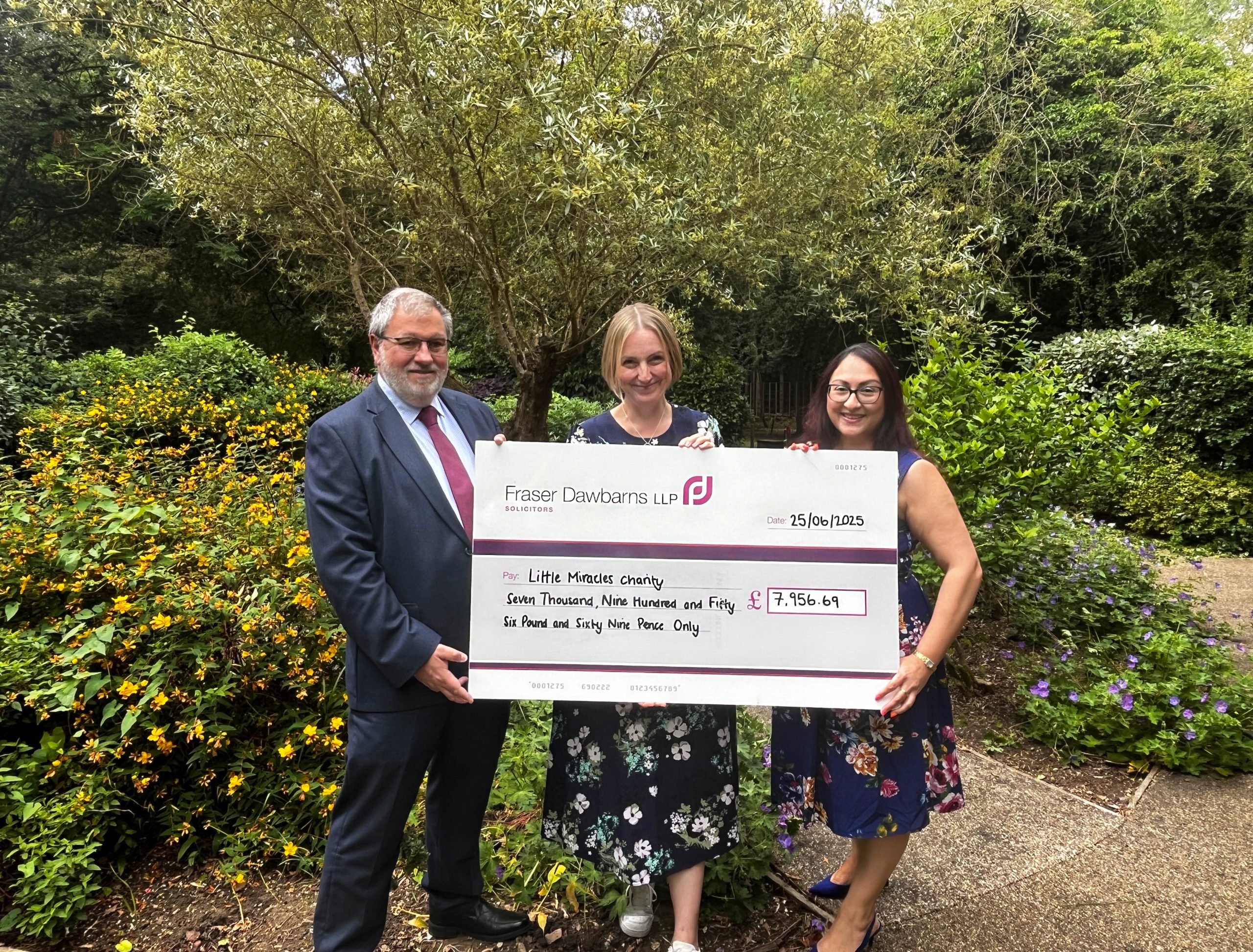Is my Will valid?
There are several ways of having a Will written. The main thing to consider when choosing a method of Will writing is, is it going to be valid? Whilst most are concerned with the content of the Will itself, many do not know what constitutes a valid Will.
All too often we see that ‘do it yourself’ Wills are not valid, leading to the deceased’s wishes not being followed. If a Will is found to be invalid, it could mean that the estate could be treated as intestate (as if you had died without making a Will). Under the laws of intestacy, your assets are distributed according to a strict set of statutory rules, which may not be what the deceased person intended to happen to their assets.
Another issue that can arise, is when a new Will is written with the intention of cancelling out the previous Will, and then upon death the new Will is found to be invalid. This could mean that the deceased’s old Will is revived and must be followed, therefore any changes made in the new Will cannot be followed.
A very old piece of legislation dating back to 1837, contains the requirements as to what constitutes a valid Will. Section 9 of the Wills Act 1837 (as amended by section 17 of the Administration of Justice Act 1982) states that no Will is valid unless:
- It is in writing, and signed by the testator, or by some other person in his presence and by his direction;
- The testator intended by his signature to give effect to the Will;
- The signature is made or acknowledged by the testator in the presence of two or more witnesses present at the time;
- Each witness attests or signs the Will
Case Study 1
Bob had previously made a Will with a firm of solicitors in 2018. In 2020, Bob wanted to make some significant changes to his Will, such as removing one of his children and changing some cash gifts to his grandchildren. Instead of instructing a solicitor, Bob decided that he would re-write his own Will; Bob died later that year. The executor provided us with the re-written Will, which on the face of it looked like a valid Will. Bob had signed the Will and there were signatures of two witnesses. The two witnesses were Bob’s carers, it was later discovered that when Bob signed his Will, only one of the witnesses was present. The second witness signed the Will later the same day. Unfortunately, as both witnesses were not present at the time Bob signed the Will, it was not executed in accordance with section 9 of the Wills Act 1837 and therefore was not valid. What this meant was that Bob’s previous Will was his last valid Will and his executor had to follow the old Will and not the current wishes that Bob had wanted.
Case Study 2
Ian made a do it yourself Will using a ‘Will Pack’ from a local stationer. Ian had three children, one of whom he had been estranged from for over 20 years. His Will had stated that his estate was to be divided between his other two children. Ian had signed the Will, but only had one witness which was later discovered to be the post person. As Ian never left his home, the post person was the only person he had contact with. Unfortunately, the Will was invalid as it was not signed in accordance with section 9 of the Wills Act. It meant that Ian died intestate, i.e without a valid Will, meaning that his assets are distributed under the rules of intestacy. Under these rules it meant that Ian’s estate had to be divided equally between all three children, which included the child he had been estranged from for over 20 years. This was clearly not what Ian would have wanted.
Making a Will is a decision that will have major implications for your family when you are gone. All solicitors have professional qualifications and are stringently supervised by the Law Society. We properly understand the rules associated with ensuring your Will is valid. Contact Rebekah directly for specialist advice on making or updating your Will, by email rebekahcrockford@fraserdawbarns.com or by phone 01945 468707.
Find out more about Rebekah Crockford
Find out more about our Wills and Estates services
Find out more about our Making a Will service
This article aims to supply general information, but it is not intended to constitute advice. Every effort is made to ensure that the law referred to is correct at the date of publication and to avoid any statement which may mislead. However, no duty of care is assumed to any person and no liability is accepted for any omission or inaccuracy. Always seek advice specific to your own circumstances. Fraser Dawbarns LLP are always happy to provide such advice.
Related Articles
Recommended By The Legal 500 Directory*
*We are recommended for the following practice areas: Corporate and Commercial, Debt Recovery, Employment, Personal Injury: Claimant, Agriculture and Estates, Contentious Trusts and Probate, Family, Personal Tax, Trusts and Probate & Commercial Property.
ServicesContact
















